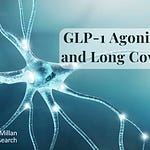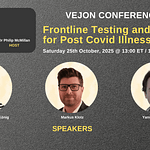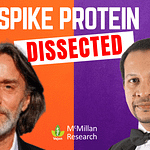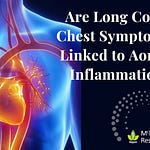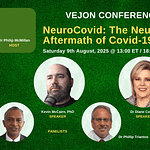In this talk, I dive into a nuanced perspective on long COVID, suggesting that those experiencing it might, paradoxically, be more protected than the general population due to their hyperactive immune response. This heightened sensitivity, while burdensome with persistent symptoms, indicates a unique immune system adaptation. My focus is on those who developed chronic symptoms after a mild or even asymptomatic COVID infection, a group that might hold the key to understanding broader immune reactions.
I further discuss the immune system’s dual nature in these cases. On one hand, some long COVID patients exhibit symptoms that highlight overactive immune cells, which can worsen their condition. On the other hand, there’s a concerning “silent impact” in asymptomatic people, where underlying inflammatory damage could be accumulating unnoticed. This complexity underscores the need to balance immune responses: some individuals might require heightened symptom awareness, while others need immune modulation for a better quality of life.
This exploration is part of my broader goal of deciphering the pathophysiology underlying not only long COVID but related conditions like ME-CFS and fibromyalgia. The ROOT program I’ve developed aims to provide a comprehensive approach to health recovery over 6-12 months, blending lifestyle changes, dietary adjustments, and, where necessary, medication. My hope is that by understanding these intertwined conditions, we can uncover multiple paths to restore wellness, even if it requires a gradual, challenging journey.





